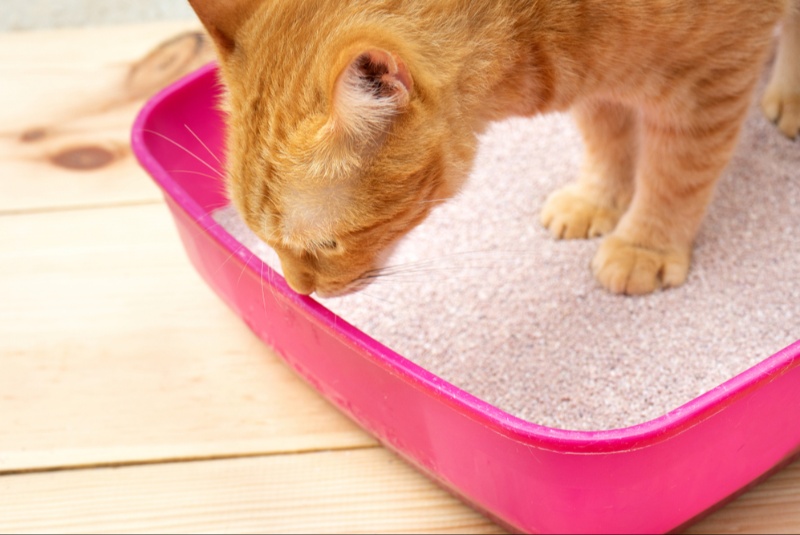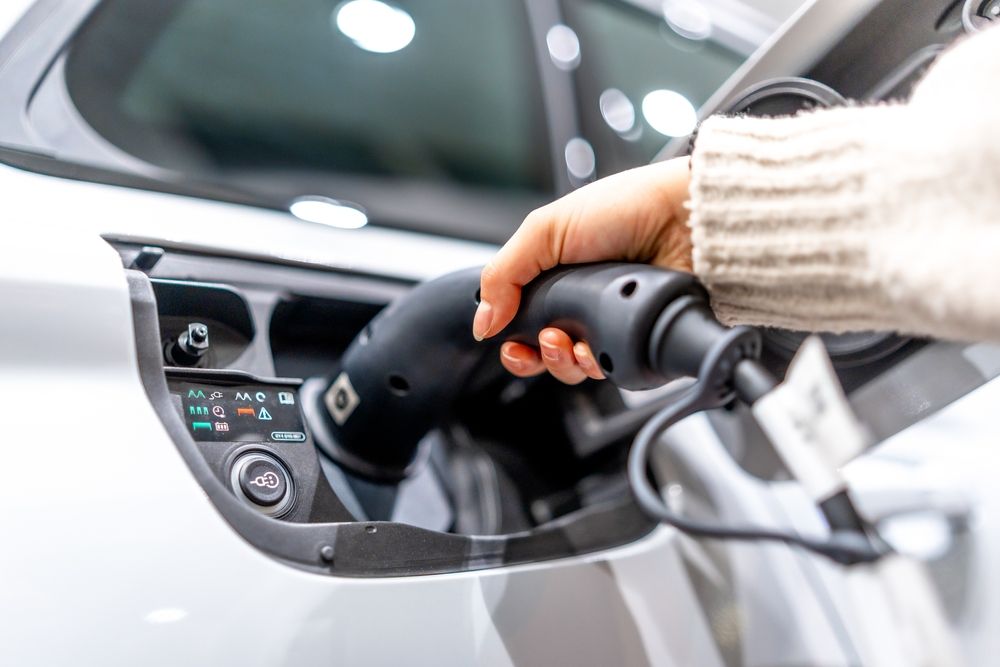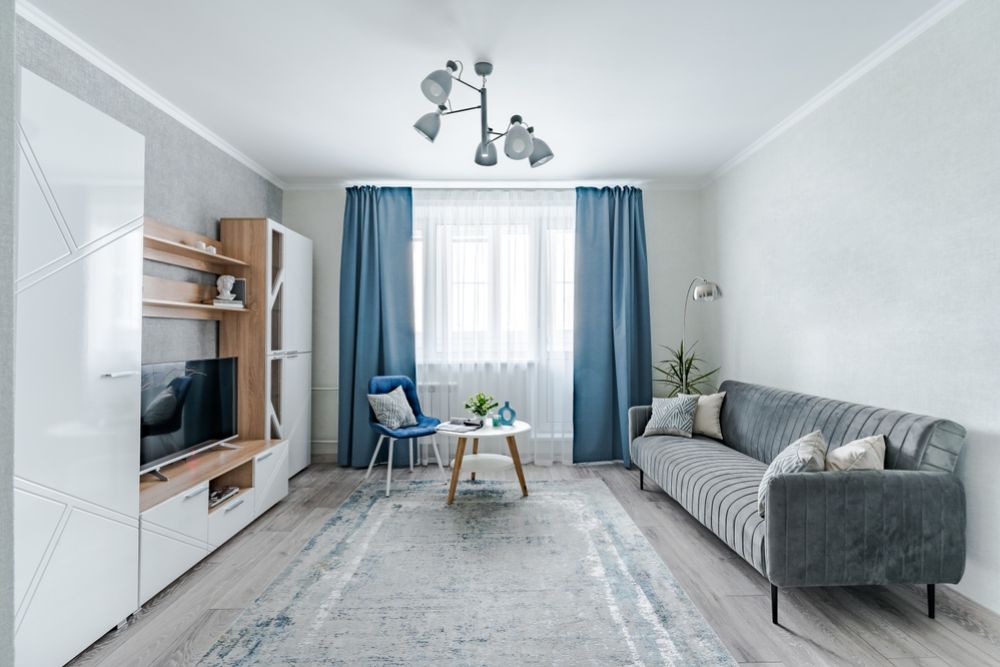Finding the right cat litter is crucial for both the comfort of your feline friend and the cleanliness of your home. With so many options on the market, selecting the best cat litter can feel overwhelming. This guide aims to simplify the process, providing you with the information needed to make an informed decision that suits both your cat's preferences and your lifestyle.
Understanding Different Types of Cat Litter
The first step in choosing the best cat litter is to understand the different types available. The most common types are clumping clay, non-clumping clay, silica gel crystals, recycled paper, wood pellets, and natural plant-based litters. Clumping clay litter is popular for its ease of cleaning, as it forms solid clumps when wet, which can be easily scooped out. Non-clumping clay is more traditional and less expensive but requires more frequent changing. Silica gel crystals are highly absorbent and control odor well but are more costly. Recycled paper, wood pellets, and plant-based litters offer eco-friendly alternatives, though their absorbency and odor control can vary.
Each type has its advantages and disadvantages, regarding odor control, absorbency, dust production, and environmental impact. Consider your priorities, such as whether odor control or eco-friendliness is more important to you, and select a type that aligns with your needs.
Considering Your Cat's Preferences
Your cat's comfort and acceptance are crucial when selecting a litter. Some cats have a strong preference for a particular texture or type of litter, which can be determined through trial and error. For instance, older cats or those with sensitive paws may prefer a softer, finer litter, such as recycled paper or fine-grained clumping clay. Kittens, on the other hand, should avoid clumping clay and silica gel crystals to prevent ingestion, which can lead to intestinal blockages.
Observing your cat's litter box habits can provide insights into their preferences. If your cat avoids using the litter box or seems dissatisfied after its use, it may be time to try a different type of litter.
Odor Control and Maintenance
Odor control is a significant concern for many cat owners. The best cat litters effectively absorb and neutralize odors, keeping your home smelling fresh. Clumping clay and silica gel crystals are highly effective at odor control, while natural and eco-friendly litters often use baking soda or plant extracts to combat odors.
Consider how much maintenance you're willing to commit to when choosing a litter. Clumping litters generally require less frequent changing, as urine and feces can be easily scooped out, leaving the rest of the litter clean. Non-clumping litters, while cheaper, need to be changed more often to prevent odors and maintain cleanliness.
Health and Safety Factors
The health and safety of your cat should always be a top priority when selecting litter. Dust-free or low-dust litters are preferable, especially for cats with respiratory issues, as they minimize the risk of inhalation and potential health problems. Additionally, some cats may be allergic to certain materials used in litter, such as fragrances or additives. Opting for unscented, natural litters can help avoid allergic reactions and discomfort.
Furthermore, consider the environmental impact and safety of the litter disposal. Biodegradable litters offer an eco-friendly alternative to traditional clay litters, which do not decompose and can contribute to landfill waste.

Price and Availability
While the health and comfort of your cat are paramount, price and availability are also important factors to consider. Premium litters, such as silica gel crystals, can be significantly more expensive than traditional clay litters. However, they may require less frequent changing, potentially offsetting the initial cost over time.
Evaluate the availability of the litter in your area or the convenience of online ordering. Consistently using the same type of litter is ideal, as frequent changes can be stressful for your cat. Therefore, choosing a readily available litter ensures that you can maintain a consistent litter box environment for your cat.
Testing and Transitioning
Finding the perfect cat litter often involves some experimentation. Consider purchasing small quantities of different types of litter to test with your cat. This approach allows you to observe your cat's preferences and the litter's performance in terms of odor control, maintenance, and dust production without committing to a large, potentially unsuitable purchase.
When transitioning to a new type of litter, do so gradually to avoid causing stress or confusion for your cat. Mixing the new litter with the old in increasing proportions over a week or two can help your cat adjust to the change more comfortably.
Selecting the best cat litter requires careful consideration of various factors, including the type of litter, your cat's preferences, odor control and maintenance needs, health and safety concerns, and price and availability. By understanding the options and paying close attention to your cat's behavior and needs, you can choose a litter that ensures your cat's comfort and maintains a clean, odor-free home. Remember, the best cat litter is one that works well for both you and your cat, so be prepared to try a few different types before settling on the perfect match.




